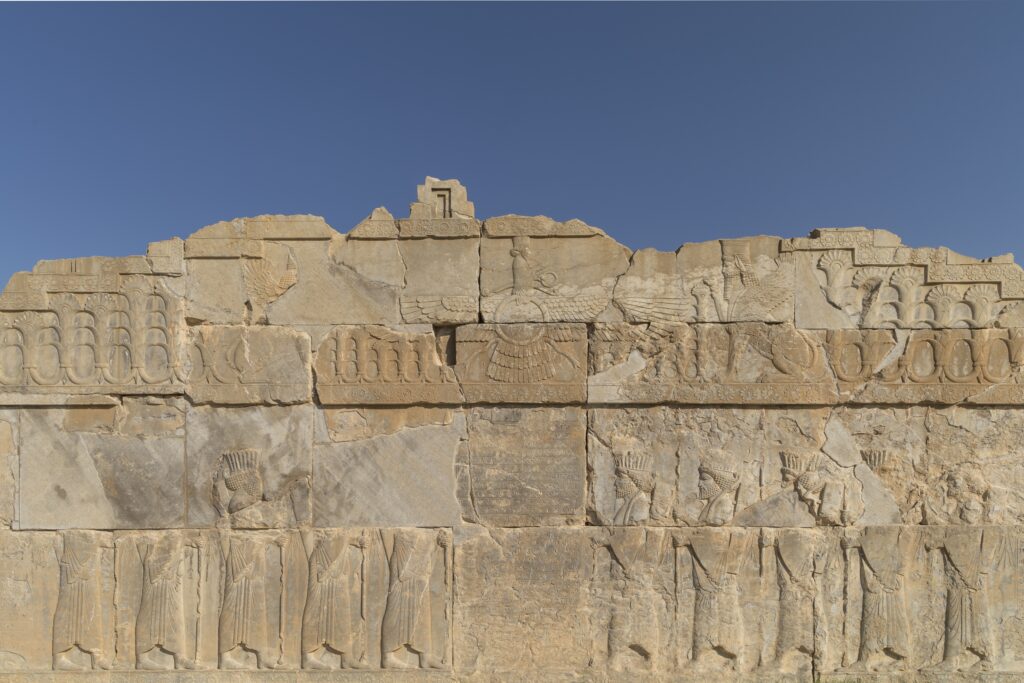Roma originated in North Western India. Why they left India will forever remain shrouded in mystery. One thing, however is sure. There was one and only one migration from India to Europe, and not, as some argue, several migrations waves over the centuries.
Roma are still a very homogenous group, and their language up to more recent European acquisitions is totally common to all, indicating this single migration source. Another fact to be considered here is that this migration was rather small. With the population increase, assuming 10 to 12 million Roma in Europe nowadays, extrapolating backward gives a likely number of 10 to 20 thousand people leaving India.

India
Romanes is based on Prakrit, the spoken form of Sanskrit. Its grammar has remained purely Indian and a lot of its vocabulary can still be used in India nowadays. This vocabulary indicates that Roma had a rather settled village life, for the Indian vocabulary in Romanes allows one to describe life in a village, planting, harvesting, with almost no wild animal names. There are no words for travel, for carts and carriages, nor for tents in the Indian vocabulary of Romanes.
Persia
The Ur-Roma passed through Persia. Nearly all Romanes terminology pertaining to travels is of Persian origins. Vurdon [a carriage, cart], cerha [tent], etc. are all Persian words.
Due to the total absence of direct Arabic loan words in Romanes and due to the pre-Islamic form of the Persian loan words in Romanes, one can deduct that Rroma left India rather early, probably as early as the VIth century. They passed through Persia, but did not stay there for long, as the layer of acquisitions in Romanes is rather shallow.
Armenia
From there, they departed to Armenia. This is not the present-day Armenia, but rather, at that time, Greater Armenia, stretching over a wide area covering parts of present-day Turkey, Iraq, and stretching nearly to the Mediterranean. There, one can very probably say that they remained for a longer period, and most probably converted to Christianity, albeit of a non-conventional form.
They were most probably followers of the Paulicians, a Christian sect following the Evangile of Paul, and they were most probably deported to Thrace in the Balkan together with many Armenians by the Byzantine after their victory against the Paulicians.
Romanes has many words of Armenian origins. These actually provide us with a tool to date their presence in the region and when they left. Romanes words of Armenian origins, such as momelin [a candle] are also in a linguistically early form, having kept the “l” and not in the later Armenian form of a “gh”. This switch occurred in the IXth century, meaning that Roma passed through the Armenian lands prior to this change.